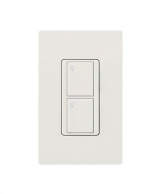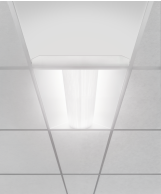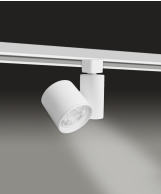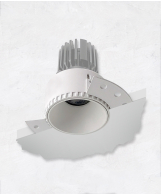Retail Lighting
Commercial-Grade Retail Lighting
The perfect retail environment makes the most of light. A properly illuminated product commands the customer’s attention. This occurs within an active floor plan featuring proper placement of lighting fixtures as well as correctly attuned brightness, color temperature and Color Rendering Index (CRI), ideally with LED lighting.
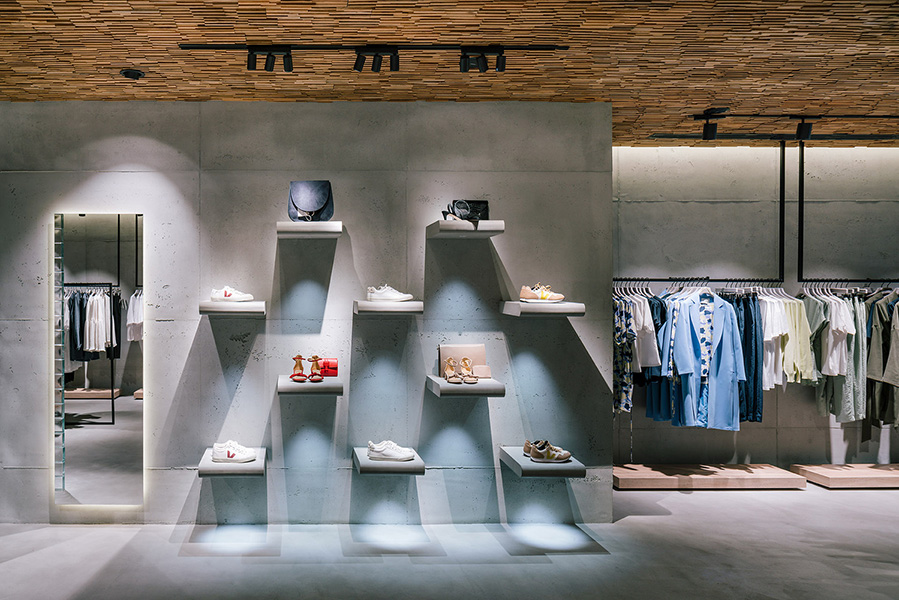
Insights
See All Insights-
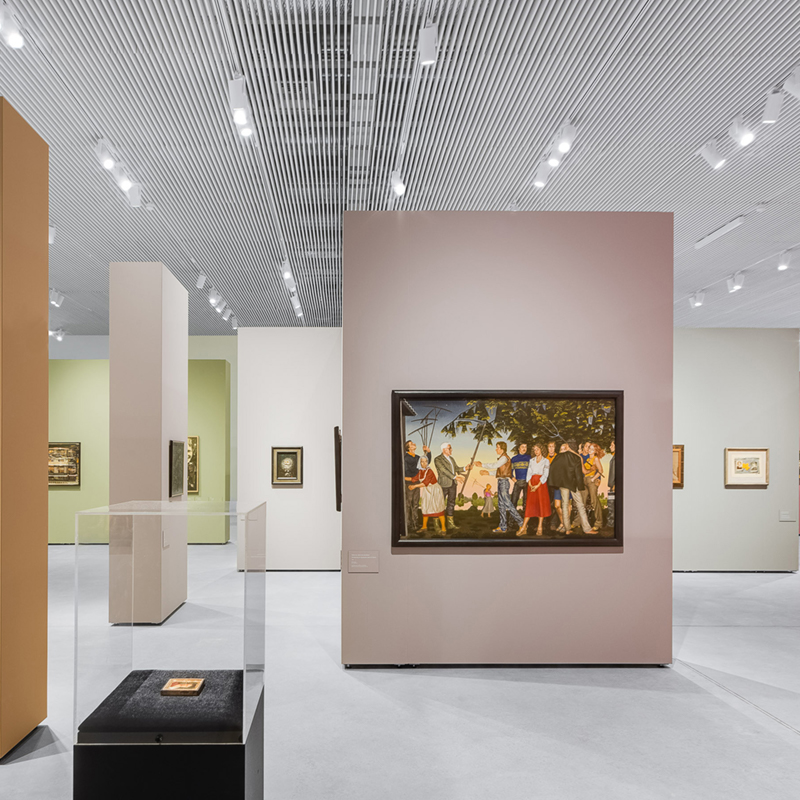
The Art of Lighting Art
Choosing the right lighting for any space can be a complex decision. Considerations need to be made with respect to the purpose, form and function of the lighting application. Design and aesthetics also play a role in the equation. With so many options for lighting on the market, it takes specialized knowledge and understanding to determine the best fit for your space. Even more challenging than finding lighting for a generic space, an art gallery or museum application can be difficult and even overwhelming to light properly. LED lighting has simplified a large chunk of lighting for art display. -
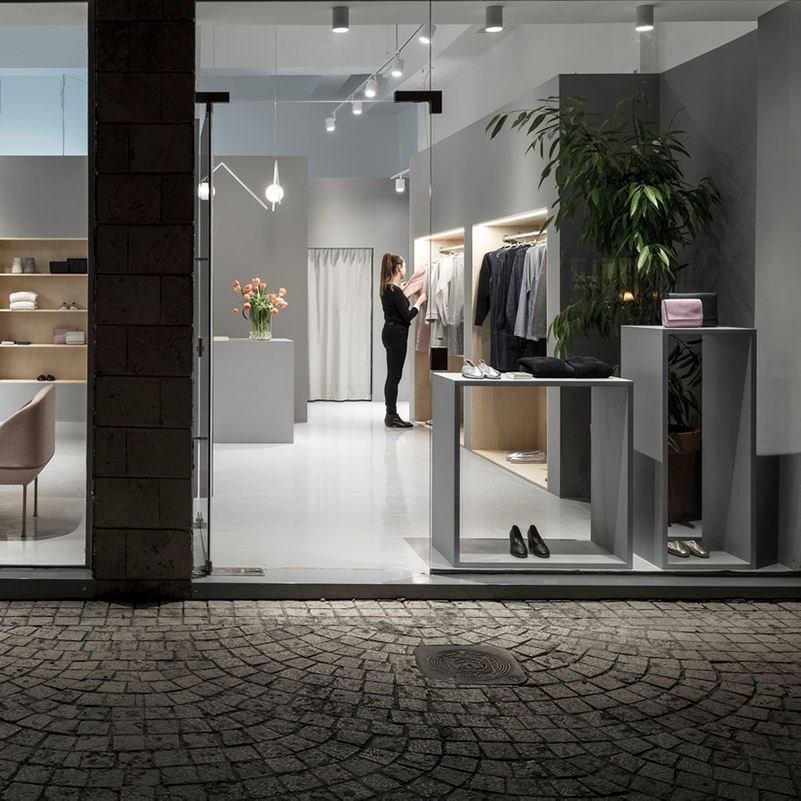
Retail Lighting: Five Best Practices
Making the product visible in today’s retail environment means making the most of light. The well-lit product can demand a customer’s attention. Proper lighting is key. This means designing an active floor plan with attention to lighting fixture placement, brightness, color temperature and Color Rendering Index (CRI). Light Emitting Diode (LED) lighting, predominant among lighting designers and architects, can meet most -
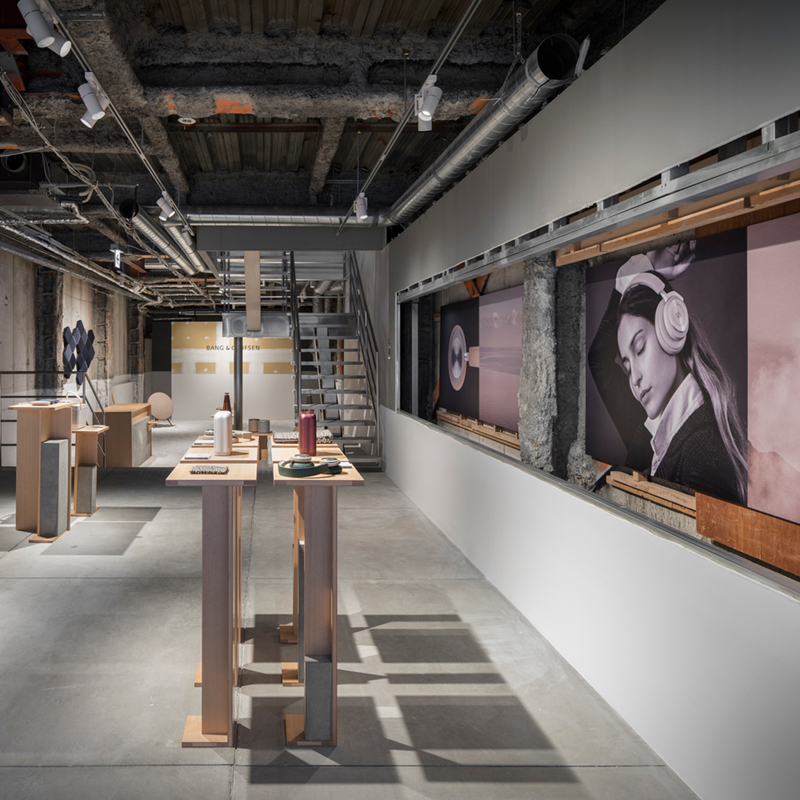
Choosing the Right Track Lighting for a Retail Store
Operating a retail store involves making many important decisions, and perhaps one of the most important decisions involves the space itself. Lighting is a big part of a retail space and choosing the right type of lighting is important to ensure products are properly highlighted, shadows and dark spots are minimized and levels of direct light exposure provide a proper, well-lit, glare-free environment. -
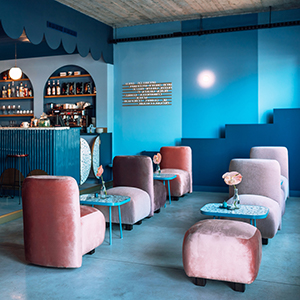
Intro To Lighting Design: Qualitative & Quantitative Principles
Two foundational principles of lighting design guide most designers and architects— the qualitative (or aesthetic) aspect and the quantitative (or engineering) aspect of light. The qualitative part pertains to ensuring that a space has a pleasing ambience. It is the artistic interspersing of shadows and light, darkness and illumination, highlighting figure and form.
